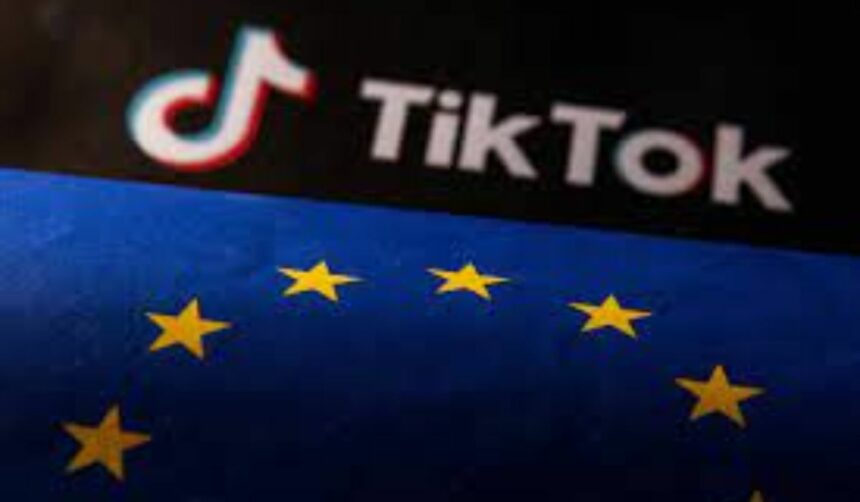The European Commission stated on Wednesday that TikTok has 24 hours from the release of its new app, TikTok Lite, in France and Spain to submit a risk assessment, citing worries about the programme’s potential negative effects on children and users’ mental health.
Comparing it to the concept of “light” cigarettes, European Commissioner Thierry Breton questioned whether it was “as addictive and toxic.”
In a release, TikTok promised to “respond to the request for information.”
It states that there are no present plans to release the Lite app in additional European nations.
In a statement, the commission stated that it also wants to hear what safeguards the platform has in place to lessen the dangers that have been discovered.
The Digital Services Act (DSA), a new content regulation law with strict guidelines for 22 of the largest online platforms in the world, including TikTok, is what prompted the request for information.
The demand is only the beginning of a process; TikTok will not necessarily suffer more consequences. That would rely on the data that the business provides to the EU.
The commission stated that TikTok must provide the additional information by April 26 in addition to the 24-hour deadline for the risk assessment.
The business promised to comply with the request.
Newsng gathered that users who complete “tasks” like watching, liking, or sharing movies can earn coins under the Task & Rewards function.
Users can only earn up to €1 (£0.85) each day, and the maximum amount of screen time that qualifies for prizes is one hour, according to TikTok.
In addition, users will need to provide proof of age beyond eighteen to be eligible for incentives.
The feature has only been tested by the French daily Le Monde, which claims that users can only receive rewards for watching films that are recommended by their algorithmic feeds and not for specifically searching for videos.
This is not the first time TikTok is in the Watchdog’s crosshairs, the video app had earlier been fined 10 million euros (almost $11 million) by Italy’s competition authorities (AGCM) for not doing enough to protect children.










